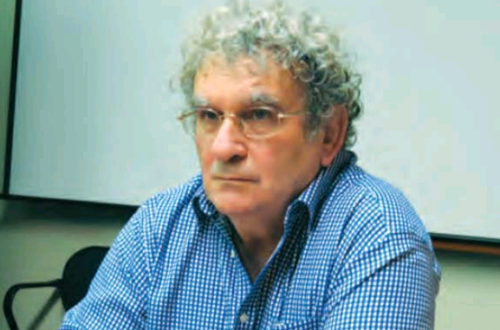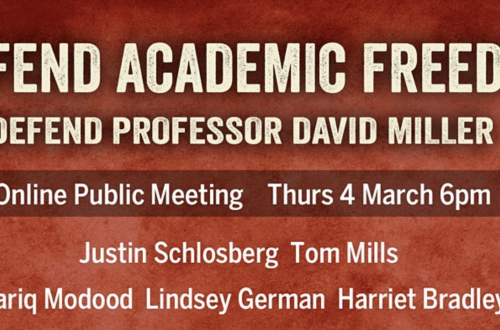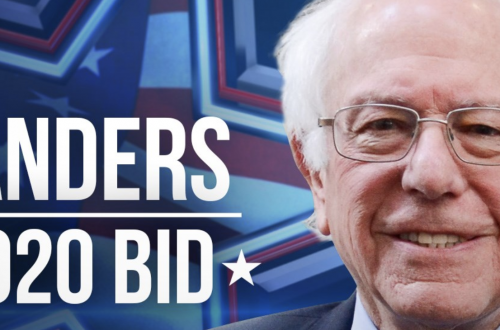The Big Questions, hosted by Nicky Campbell, is required viewing for controversy junkies. This morning the question for debate was: ‘Should human rights always outweigh religious rights?’
The question didn’t seem framed in the most helpful or natural way. It is unclear quite what might be meant by ‘religious rights’. Many practices associated with religion are either neutral or even positive from a human rights perspective. However some, of course, are profoundly incompatible with universal human rights.
I think it would have made more sense to turn the question round: ‘Should religious rights always (or ever) outweigh human rights?’
The Rev. Lynda Rose seems to think they should. She asserted that the right to practice one’s religion is itself a human right. This is true, but she went on to warn against prioritizing the rights of a ‘sexual minority’ at the expense of (some) Christian sensibilities (7:20). However protecting LGBT rights does not prevent those with different views from believing, worshipping – and marrying – as they wish. It is not a ‘human right’ to discriminate against people because of their sexuality.
The discussion of circumcision (from 34:20) also hinged on the idea of a clash of rights, with some arguing that it was quite wrong to allow religious beliefs to overturn the rights of the child. Charlie Klendjian made the secular case very robustly (36:40). Rabbi Neil Janes countered by reminding viewers that opposition to circumcision was sometimes weaponised by those whose real agenda was antisemitism (43:50), and also suggested that other parental choices had an equally significant impact on children’s lives and prospects.
Not surprisingly the debate around segregation and ‘offence’ was heated. Chris Moos and Abhishek Phadnis from LSESU ASH were in the audience wearing those T shirts.
Sahar al-Faifi (you can read more about her in the addendum to this post) refused to answer Chris Moos when he asked her if she supported his right to wear a Jesus and Mo T Shirt just as he supported her right to wear the niqab (52:18). Another Muslim woman, Lisa, said he did not have the right to wear something which offended her (52:58). Moos very reasonably then asked how she would respond to an EDL supporter who found the niqab offensive. Another Muslim woman then said that the hijab did not threaten anyone, whereas material satirizing Islam threatened her beliefs (53:30). (In fact she also said it threatened her ‘rights’ – which is simply not accurate.) However, for many, the niqab (and the hijab to a lesser extent) do represent a threat to cherished beliefs, albeit not religious ones.
Maajid Nawaz, like Chris Moos, was consistently liberal in his approach, asserting the importance of striking a middle ground between the restrictions of both laïcité and theocracy. He insisted that the Jesus and Mo T Shirts threatened neither himself nor his religion.
As another guest rightly observed:
“Removing privilege is not the same as discrimination.”


